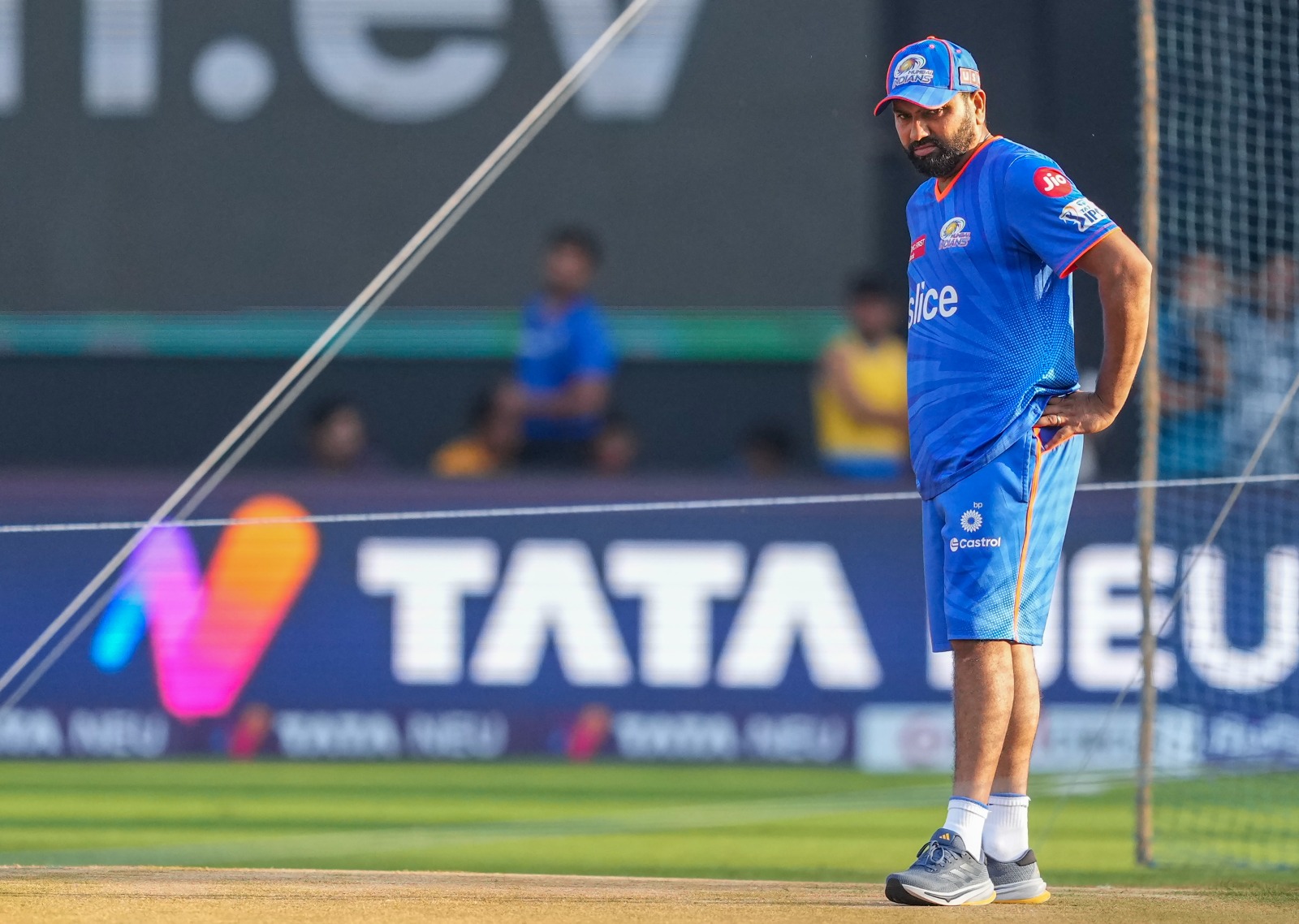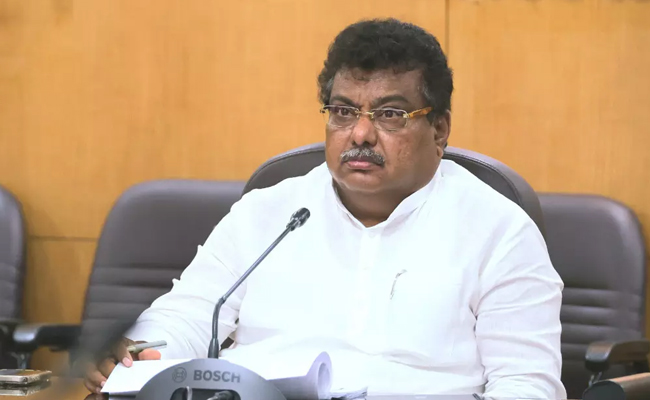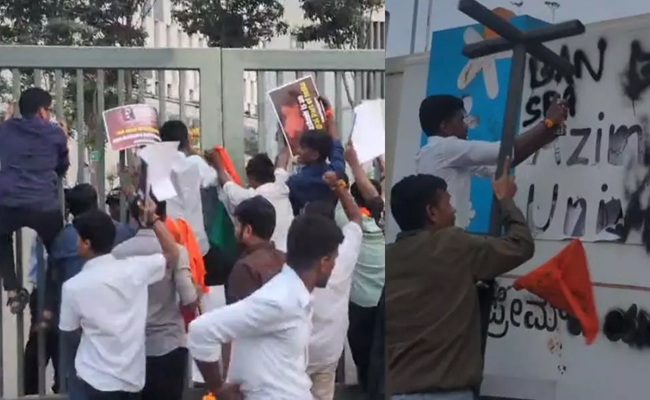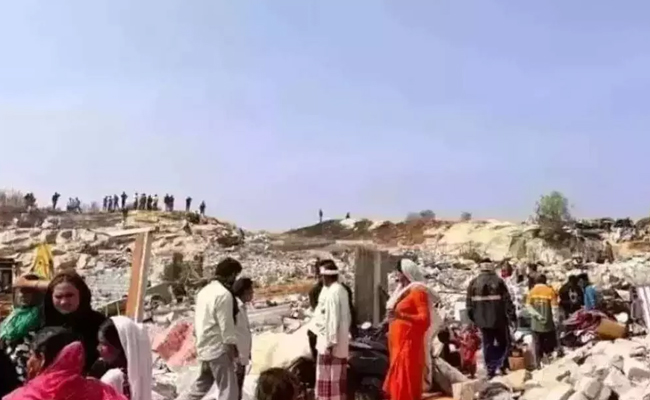New Delhi (PTI): India captain Rohit Sharma says he wouldn't mind playing Tests against Pakistan at a neutral venue as it would be a "great contest" against the "superb bowling line-up" of the arch-rivals.
India and Pakistan have not played bilateral cricket ever since the 2008 Mumbai terror attacks in which over 150 people were killed. The two countries, however, routinely face off in ICC events.
Their most recent clash happened during last year's ODI World Cup in India.
"I totally believe that they are a good team, superb bowling line-up, good contest, if we play overseas. The last Test was played way back in 2007-08," Rohit said on 'Club Prairie Fire', a Youtube show hosted by former Australian keeper-batter Adam Gilchrist and former England skipper Michael Vaughan.
"Yeah, I would love to (play against Pakistan), it would be a great contest between two sides. We play them in ICC trophies, pure cricket I am looking at, great contest, so why not?" he said when asked whether Indo-Pak Tests are possible at a neutral venue like England or Australia.
Led by Shaheen Shah Afridi, Pakistan's traditionally pace-reliant bowling line-up currently features exciting talents like Naseem Shah, who is only 21, and Aamer Jamal.
The BCCI has maintained that any decision on bilateral cricket with Pakistan will hinge on approval from the government, which has so far not permitted cricketing engagement with the arch-foes.
Pakistan, on the other hand, has been aggressively pushing for bilateral engagement with India, even taking it up at ICC forums at every available opportunity.
Last year, India refused to travel to Pakistan for the Asia Cup, which was eventually conducted in a hybrid model. All of India's scheduled games in Pakistan were relocated to Sri Lanka.
The next year's Champions Trophy will be another bone of contention between the two countries as the tournament is set to be held in Pakistan, which has declared that it won't agree to any change of venue to accommodate India.
The ICC, on its part, has stated that it won't force any member nation to disregard government advisory.
"...ICC Board's position remains that it doesn't expect its members to go against any policy/instructions issued by its own government," an ICC official had stated recently.
Let the Truth be known. If you read VB and like VB, please be a VB Supporter and Help us deliver the Truth to one and all.
Bengaluru (PTI): Karnataka Minister M B Patil on Tuesday chaired meetings with industry representatives from the aerospace and defence, machine tools, auto/EV, and green energy sectors to discuss sector growth and government support measures.
The meetings were attended by leading industrialists and their representatives, with some participating virtually.
Speaking on the occasion, the minister for Large and Medium Industries said Karnataka is at the forefront of the country’s aerospace and defence sectors.
He noted that Suzuki and Toyota plan to launch aerial taxi services in Japan by 2028, with Bengaluru-based Sasmos supplying electrical equipment for the project.
Industrialists suggested introducing similar “fly-taxi” services in Karnataka through an appropriate policy, which Patil said would be examined seriously.
The minister highlighted the need to establish testing centres and Common Facility Centres for the aerospace and defence industries and assured that these facilities would be provided.
Suggestions were also made to prepare a comprehensive roadmap for sector growth.
Karnataka has urged the Central Government to approve Defence Corridor projects in the Bengaluru North–Kolar–Chikkaballapur and Dharawada–Vijayapura–Belagavi regions.
Industrialists also suggested a corridor between Bengaluru and Mysuru, Patil said.
He said Karnataka aims to become a hub for defence electronics manufacturing, with plans to establish a 200-acre Defence Electronics Park and a 100-acre Avionics and Sensor Park.
These projects will be implemented once the Special Investment Region is operational, and land availability will not be an issue.
On the machine tools sector, Patil said the industry has recorded an annual turnover of Rs 36,500 crore and is witnessing steady growth.
Large-scale exhibitions have increased demand, and the state must strengthen its capabilities to develop control systems for heavy machinery. One testing unit is already operational in Bengaluru, with another planned for Tumakuru. Expansion of vocational training institutes in industrial areas is also underway.
In the Auto and EV sector, Vision Group members highlighted the need for a network of dry ports and more EV charging stations across the state.
Patil noted that the Tata Group is manufacturing EV buses in Dharawada for nationwide supply. Plans for mini excavator production and export facilitation were also discussed, along with the establishment of a testing facility for two-wheeler EVs.
For the Green Energy sector, the group emphasised the need for a suitable policy on battery-based energy storage and the establishment of data centres.
Patil assured that the government will seriously consider all suggestions and respond positively.





_vb_21.jpeg)